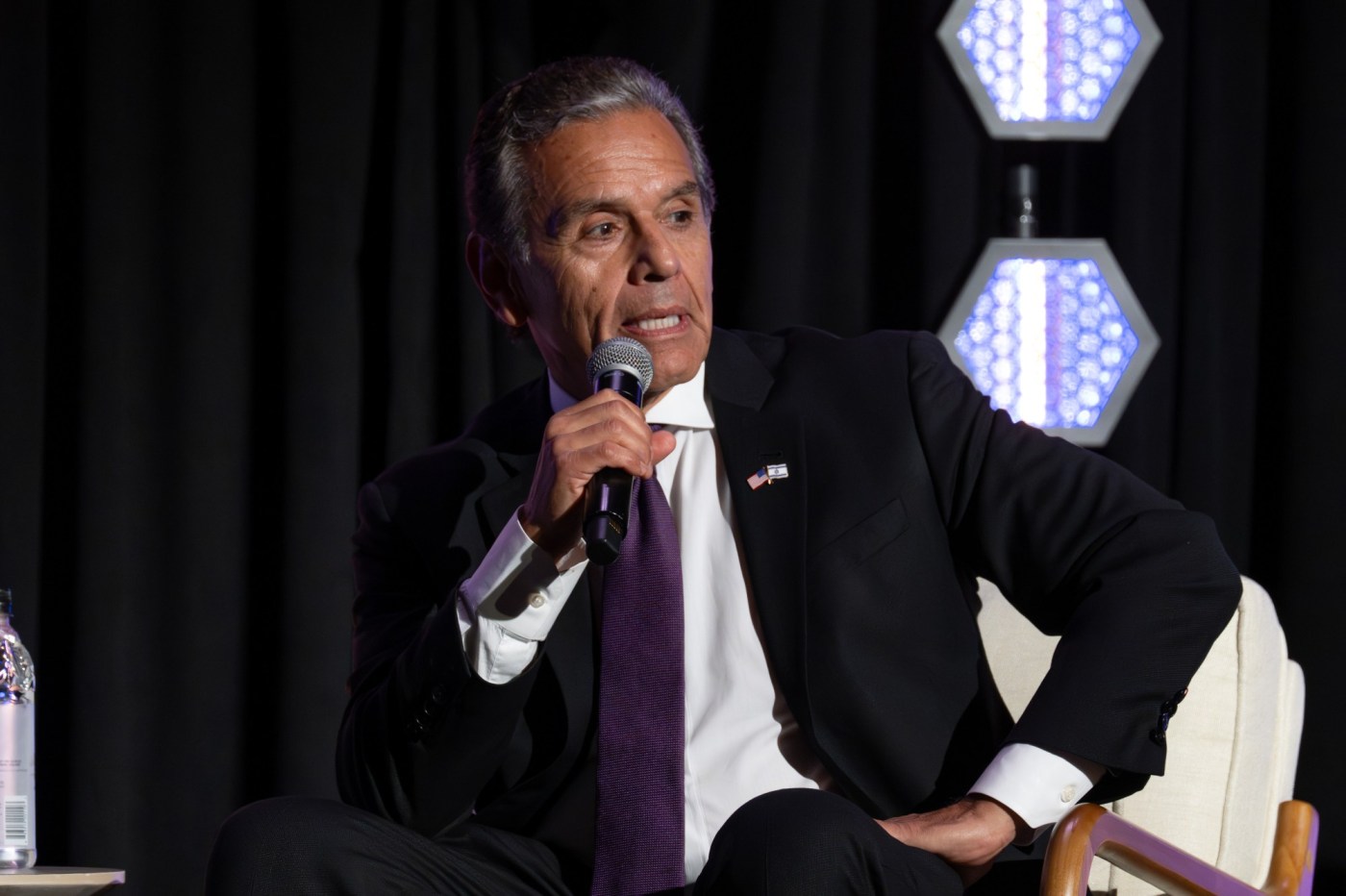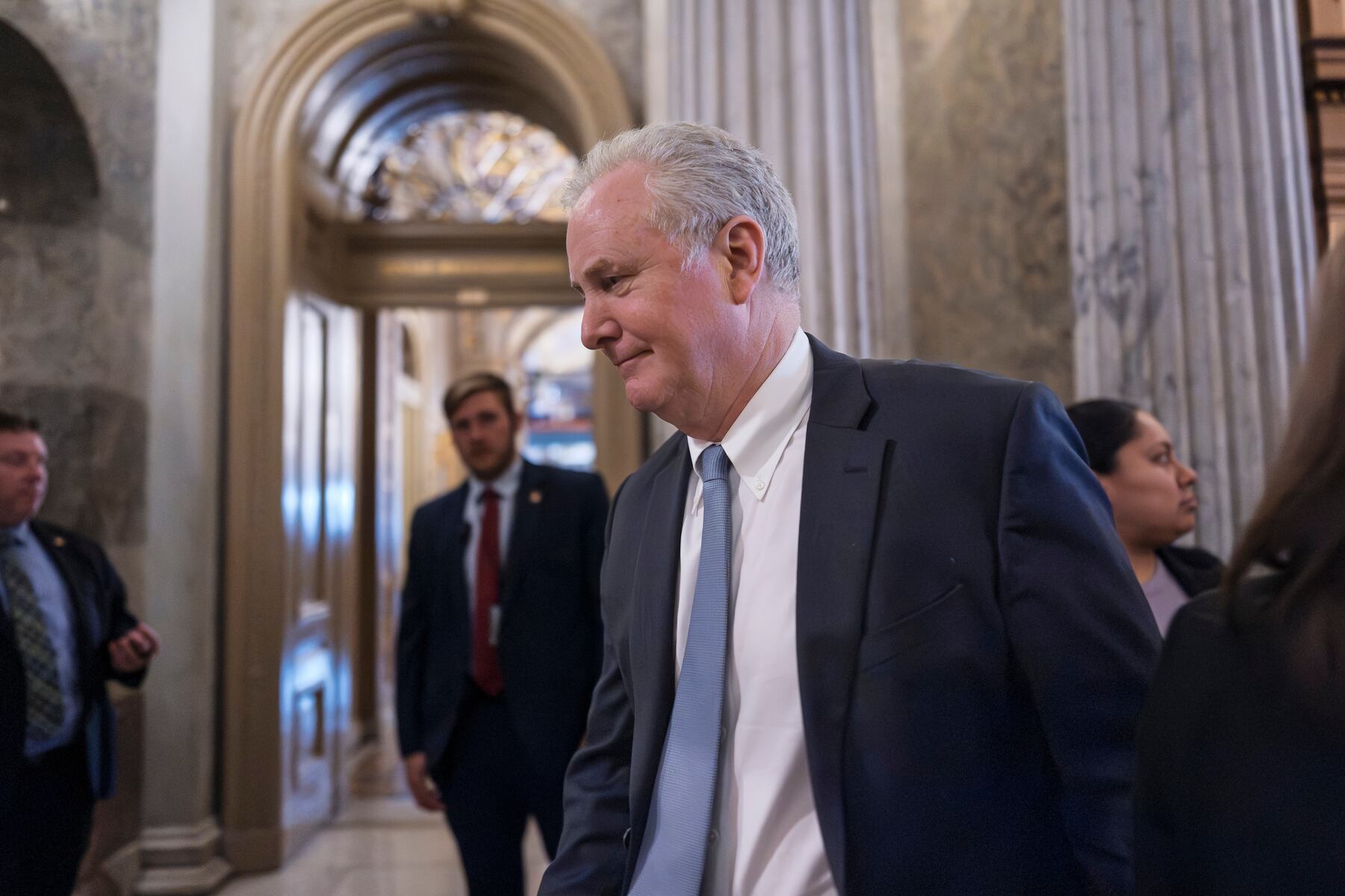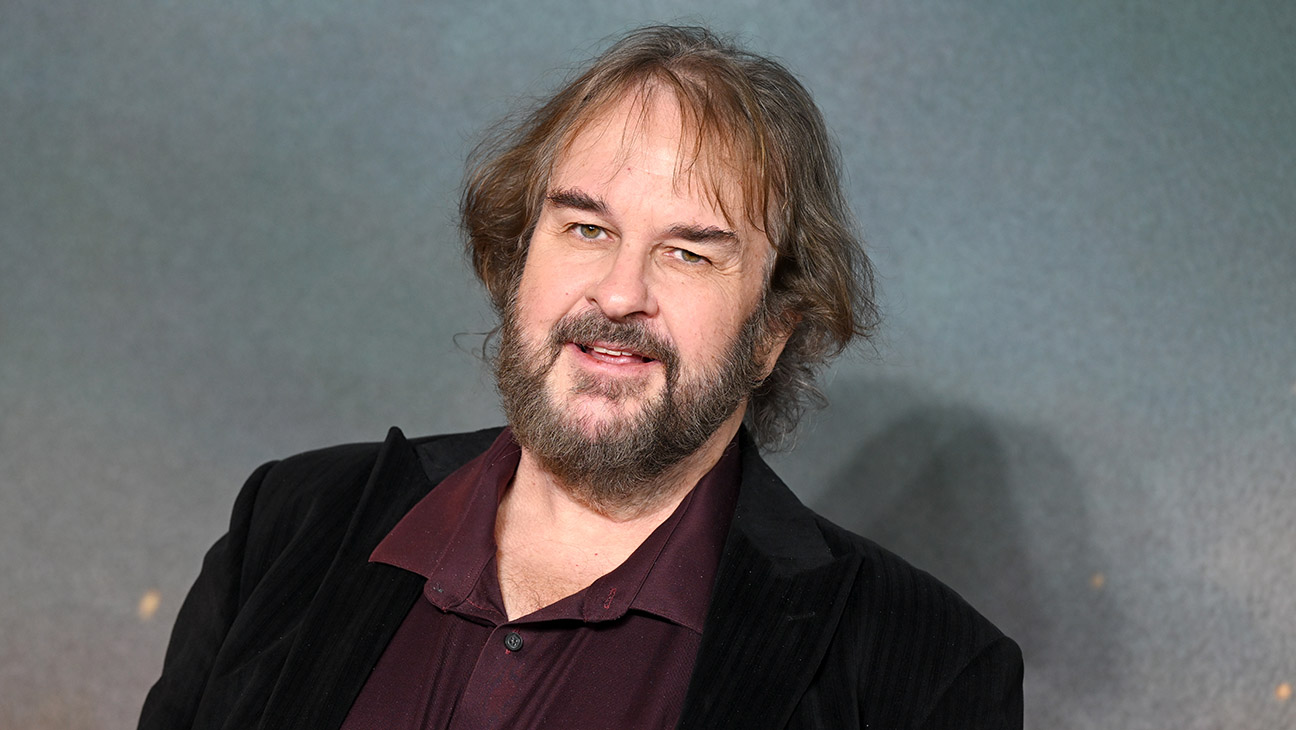
The introduction of new work requirements for Medicaid benefits has sparked significant debate, particularly among caregivers who face immense challenges in balancing work and family responsibilities. U.S. Representative Jen Kiggans supports the proposed changes in the “Big Beautiful Bill,” which would mandate individuals younger than 64, without young children, to work at least 80 hours per month to qualify for benefits. This move has drawn sharp criticism from constituents who argue that it disproportionately affects those already managing demanding caregiving roles.
Critics, including Virginia resident Connie S. Moore, emphasize that many caregivers are already stretched thin, often providing full-time care for elderly parents or children with disabilities. Moore argues that the requirement fails to consider the realities of caregiving, stating that “there aren’t an extra 80 hours a month to go to work” for those who are already juggling substantial responsibilities. She believes that the rhetoric surrounding “waste, fraud, and abuse” is being used as a cover to eliminate essential support programs for vulnerable populations.
Concerns Over Caregiver Support
The implications of such stringent work requirements could lead to a dramatic reduction in Medicaid support for many individuals who are performing vital caregiving tasks. Moore warns that these changes will have “negative consequences for millions of Virginians,” as many cannot afford alternative assistance. The expectation that caregivers can also meet work hour requirements is seen as unrealistic, particularly for those in intensive caregiving roles.
Advocates for caregivers are concerned that the new rules will create additional barriers for families already facing economic hardships. They argue that the support systems in place must be strengthened rather than dismantled, as the demand for caregiving continues to rise. Studies indicate that the burden of caregiving often falls on family members, who may struggle to maintain employment while fulfilling these duties.
Public Figures Weigh In
In a different context, the conversation around personal redemption and societal forgiveness was highlighted by the recent appointment of Michael Vick as head football coach at Norfolk State University. Vick, who famously faced legal troubles related to animal welfare in 2007, has since transformed his life. He has emerged as a role model for young athletes, advocating for responsibility and second chances. His journey from controversy to coaching exemplifies the potential for personal growth and the importance of mentorship in sports.
In public discourse, the actions of former President Donald Trump are also under scrutiny. Critics argue that his administration’s decisions, including the dismantling of several inspector general offices, represent a threat to democratic institutions. Paul English from Chesapeake warns that such actions could pave the way for authoritarianism, undermining the foundational principles of democracy.
As these discussions unfold, the implications of Medicaid reform and the broader themes of accountability and redemption continue to resonate within the community, highlighting the complex interplay between policy, personal responsibility, and societal values. The outcomes of these debates will likely shape the landscape of care and support for vulnerable populations in the years to come.






